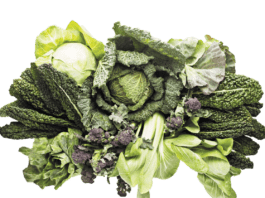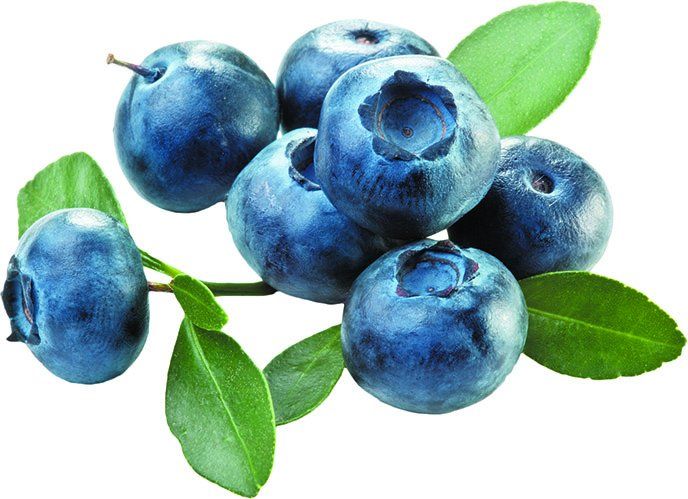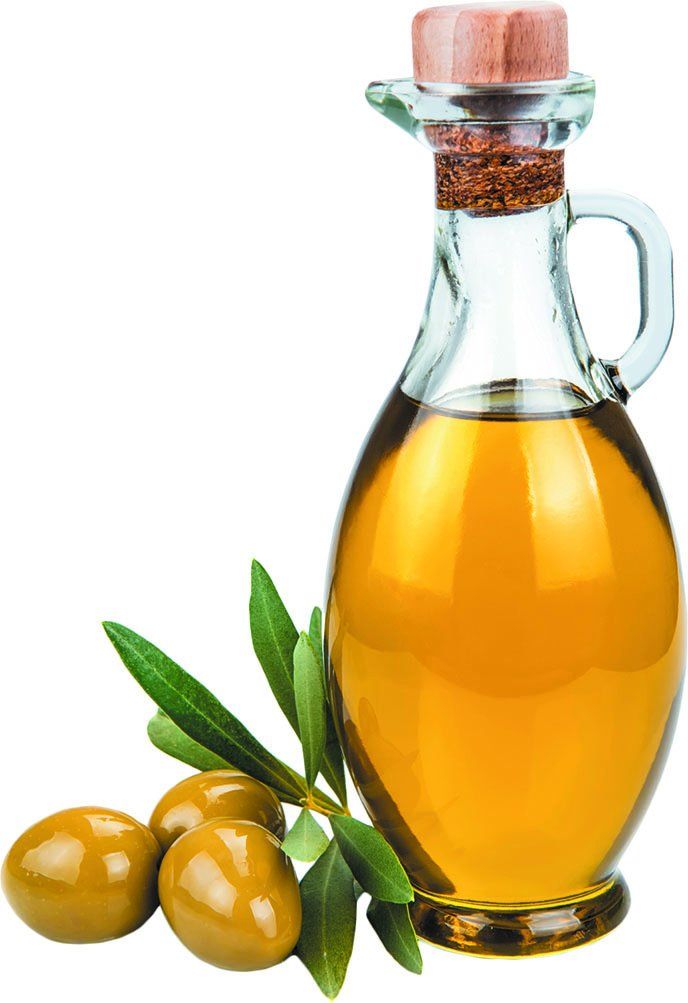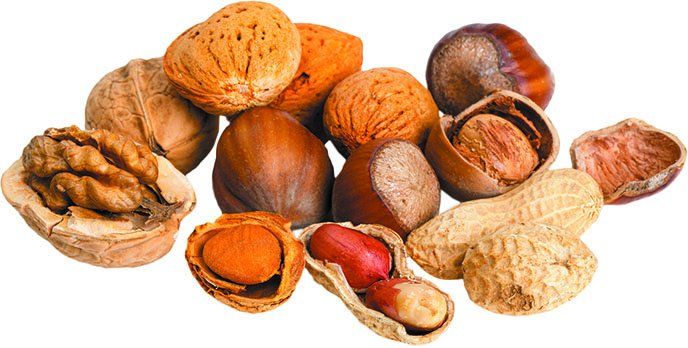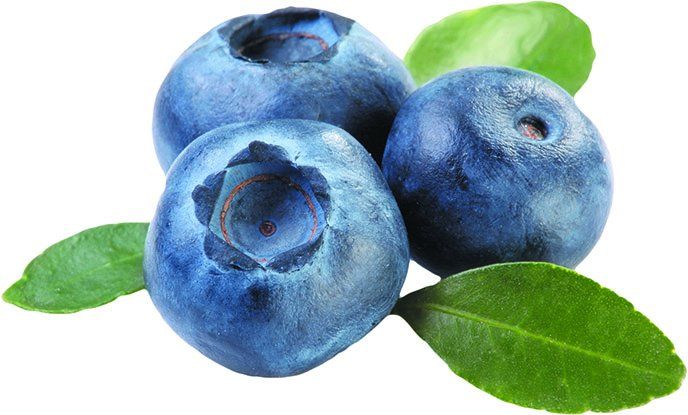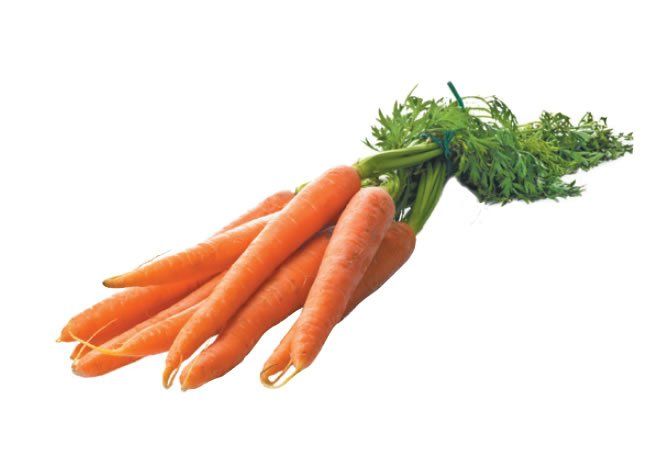Q. How long can you store tea before it starts to lose its taste...
Q. How long can you store tea before it starts to lose its taste and nutritional benefits?
New Dietary Approach Against Alzheimers
While both a Mediterranean-style diet and the DASH eating plan are associated with brain benefits, a hybrid dietary pattern that combines the best of both with the latest cognitive research may protect memory and thinking even better. A new study reports that the MIND (Mediterranean-DASH Intervention for Neurodegenerative Delay) diet was associated with a slower rate of cognitive decline-equivalent to 7.5 years of younger age. Those with the highest MIND diet scores were 53% less likely to develop Alzheimers disease than those with the lowest scores.
Is Chocolate Actually Good for Your Heart?
Chocolate lovers are turning their candy wrappers into celebratory confetti over recent headlines (The More Chocolate, the Better) linking chocolate consumption to lower risk of cardiovascular disease and stroke. While previous studies have suggested the flavonoid compounds in dark chocolate might have heart benefits, the findings also associated milk-chocolate consumption with reduced risk.However, this result is not unexpected, says Jeffrey Blumberg, PhD, director of Tufts HNRCA Antioxidants Research Laboratory, because milk chocolate does contain flavonoids (about 75 milligrams per 100 grams)-more than found in a comparable amount of red wine or tea, though less than dark chocolate (170 milligrams per 100 grams). Flavonoids in milk versus dark chocolate vary markedly by brand, however; these values are averages.
New Evidence of Brain Benefits from Following a Mediterranean-Style Diet
A newly published followup to findings from a study of the so-called Mediterranean diet adds to the evidence that such an eating pattern, especially when it includes nuts and olive oil, may help protect the aging brain. Results from a subgroup of the Spanish PREDIMED study showed that those assigned to a Mediterranean diet held steady in cognition while a control group declined. While previous observational studies have linked a traditional Mediterranean-style dietary pattern to cognitive protection, this is the first such evidence from a large randomized clinical trial.
What Can Yogurt Do for You?
Americans consume more than $7 billion a year worth of yogurt, with hundreds of new yogurt products introduced annually. In survey after survey, consumers say the healthfulness of yogurt is top among the reasons they eat it.
New Evidence Your Heart Loves Nuts
If you grew up thinking of nuts as a not-very-good-for-you indulgence, theres a growing pile of evidence that should change your mind about these healthy foods. For a long time, consumers thought that coffee raises blood pressure, eggs cause heart disease, chocolate is an unhealthy treat, and nuts make you fat, says Jeffrey Blumberg, PhD, director of Tufts HNRCA Antioxidants Research Laboratory. However, such conclusions were often based on very little science and several mistaken assumptions. The latest news in nuts rehabilitation comes from two studies spotlighting the heart-health benefits of almonds and peanuts.
Q. Is there a recommended ratio of omega-3 fatty acids to omega-6, which I...
Q. Is there a recommended ratio of omega-3 fatty acids to omega-6, which I read can cause inflammation?
Blueberries Good for Your Blood Pressure and Brain
With the domestic blueberry season about to begin, theres no better time to celebrate the bountiful health benefits of Americans second-favorite berry (after strawberries). New research has linked blueberry consumption to better blood pressure, and Tufts scientists continue to explore how blueberries protect the brain. More than three-dozen current clinical trials are testing blueberries possible benefits for vision, gout protection, arterial function, blood sugar and more.
Are You Seeing All the Health Benefits of Carrots?
Bugs Bunny, always depicted munching on a carrot, may have been onto something. Researchers have found that carrot consumption not only helps insure an adequate intake of a variety of important nutrients and fiber, but may also reduce your risk of chronic disease.
Consuming More Potassium Linked to Lower Stroke Risk in Women
A new analysis of data from the Womens Health Initiative (WHI) shows that postmenopausal women who consume the most potassium in their diets are at lower risk of suffering a stroke. The association was strongest in women without hypertension. Although the WHI is an observational study, which cant prove cause and effect, scientists say it provides another reason to boost your potassium intake-especially given that most Americans fall far short of meeting recommended potassium requirements.



























